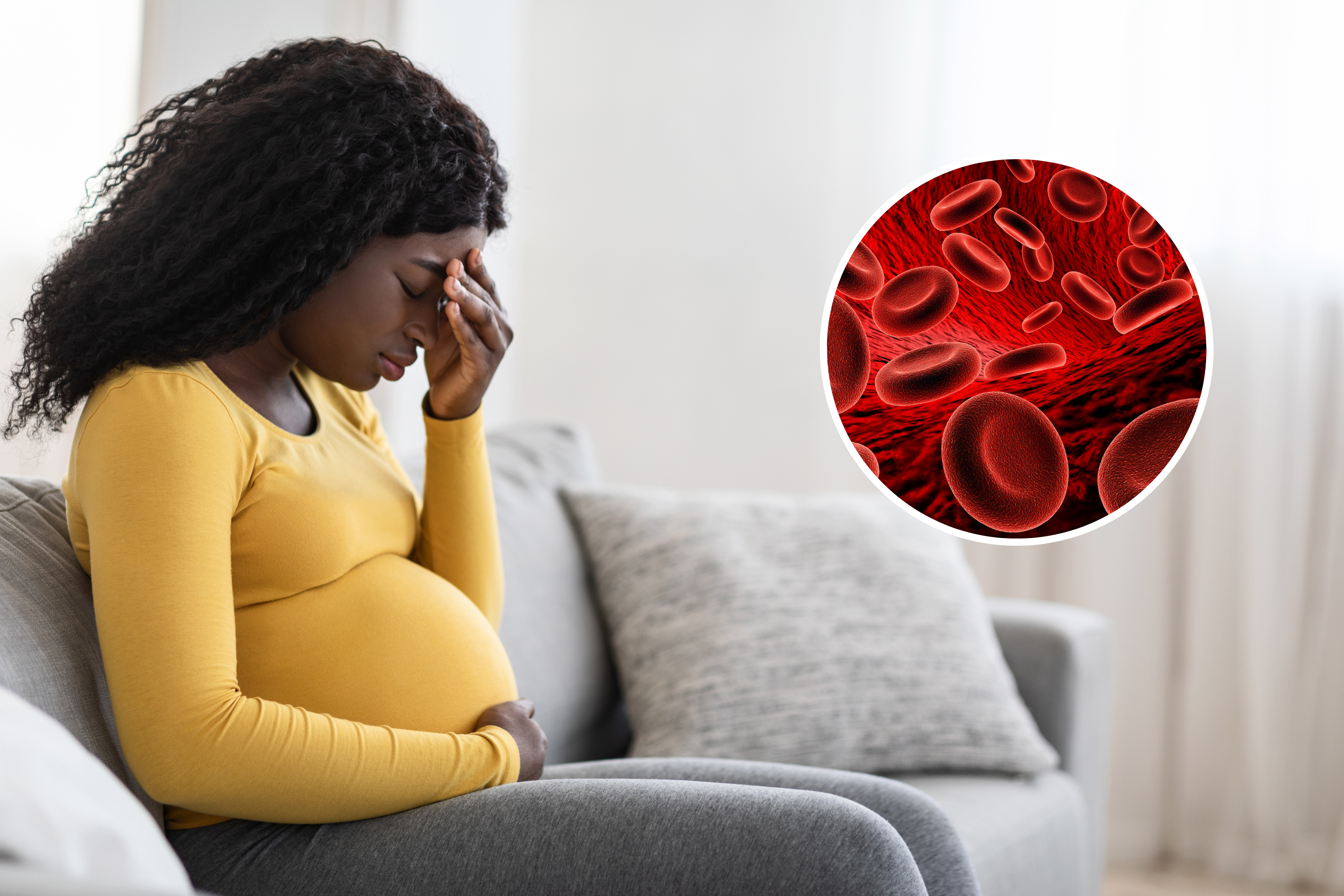A recent study has revealed that a significant number of pregnant women develop iron deficiency by their third trimester, a finding that hematologist Dr. Michael Auerbach from Georgetown University deems “astonishing.”
During pregnancy, a woman’s iron needs soar almost tenfold to support her and her growing baby’s needs. Insufficient iron can adversely affect both mother and child.
Dr. Auerbach emphasized the critical role of iron in child development, noting its lasting impact on brain health and motor skills that can be felt well into the child’s late teens. He pointed out that about 45% of infants in the U.S. are born with iron levels that indicate a risk of developmental delays, yet maternal iron deficiencies often go unchecked.
To dive deeper into the issue, scientists at the American Society for Nutrition conducted one of the largest investigations of iron levels during pregnancy, analyzing data from 641 women in Ireland—all of whom were non-anemic at the study’s onset.

Prostock-Studio / Mohammed Haneefa Nizamudeen/Getty Images / Canva
Blood samples collected at various stages of pregnancy revealed alarming statistics: 20% of women were iron deficient in their first trimester, 40% in their second, and a staggering 80% by the third trimester. Interestingly, 75% of these women were taking iron supplements, yet those who did reported a 57% lower likelihood of deficiency.
Dr. Auerbach, who co-authored the study’s editorial, stressed the importance of screening for iron deficiency in all women of reproductive age, regardless of anemia status. He lamented the missed opportunities for intervention, especially among healthy women in a well-resourced demographic.
The study authors criticized U.S. guidelines for iron screening, advocating for updates that address the serious oversight of iron deficiency recommendations. While the International Federation of Gynecology and Obstetrics and the European Hematology Society advocate for universal screening, the U.S. Preventive Services Taskforce remains reluctant, citing insufficient evidence.
Additionally, the study showed that monitoring ferritin levels in early pregnancy could effectively predict iron deficiency later on, reinforcing the need for proactive screening.
To combat iron deficiency, nutritionist Fairweather-Tait advised consuming a diet rich in bioavailable iron, including sources like meat, fish, dark leafy greens, and vitamin C-rich fruits. If dietary changes aren’t sufficient, low-dose iron supplements taken every other day are recommended.
However, Dr. Auerbach recommended intravenous iron supplementation as a safer and highly effective solution, particularly given that oral supplements can exacerbate constipation and cause nausea in many pregnant women.
Reference
McCarthy, E. K., Schneck, D., Basu, S., Xenopoulos-Oddsson, A., McCarthy, F. P., Kiely, M. E., Georgieff, M. K. (2024). Longitudinal evaluation of iron status during pregnancy: a prospective cohort study in a high-resource setting, The American Journal of Clinical Nutrition. https://doi.org/10.1016/j.ajcnut.2024.08.010
Auerbach, M., Landy, H. (2024). Finally, a quality prospective study to support a proactive paradigm in anemia of pregnancy, The American Journal of Clinical Nutrition. https://doi.org/10.1016/j.ajcnut.2024.08.010
